A Jewish Revision of Dabru Emet
by Ruth N. Sandberg
Today, it is vital to revise Dabru Emet to include the diversity of beliefs and practices in the contemporary Jewish world so that the statement has broader relevance. I am addressing only the Jewish side of the statement, although Christian scholars might want to confront how Dabru Emet could be revised to include the variety of Christian beliefs, as well.
Judaism is not just a religion, but also involves a cultural, ethnic, or peoplehood identity, and not all Jewish movements engage in theology or have any firm theological beliefs. This diversity is reflected in the many Jewish movements today, and even the following labels are not entirely inclusive of all nuances: Orthodox; Conservative; Reform; Reconstructionist; Zionist; culturally Jewish; humanistic Jewish; etc. Dabru Emet needs to be revised by referencing the many streams of Judaism and how those individual expressions differ.
Dabru Emet’s original eight claims can be divided into four major principles, with the first three focused on the traditional theological beliefs that its authors assumed were shared by Jews and Christians. It is important to challenge the assumptions of Dabru Emet by understanding how each of these four principles are represented today by a diversity of Jewish responses:
God. This principle assumes that Jews “worship God.” It is true that many Jews believe in the God of the Hebrew Bible and worship God through prayer and ethical action. However, many Jews do not believe in a supernatural God, and some Jews view God as an impersonal force embedded in the universe. Still other Jews do not profess a belief in any divine force in the world.
The Hebrew Bible. This principle assumes that Jews accept the divine authorship of the Hebrew Bible, that its moral principles are eternal, and that the Bible promises divine redemption for the world. Some Jews do believe that the Hebrew Bible is the divine word of God, or divine inspiration working through human beings. However, other Jews see the Hebrew Bible as a document written entirely by human beings through human agency only and, therefore, open to being challenged as human circumstances change. Some Jews believe that the Torah requires them to observe the commandments faithfully, while other Jews see the Bible as a guide to ethical behavior but reject aspects of Scripture that are in opposition to modern thinking and change.
Jews also debate whether God will redeem “the entire world as promised in Scripture.” Jews who accept the truth of the Hebrew Bible accept this future event as inevitable, while other Jews see the world’s redemption occurring only through human effort.
The Land of Israel. This principle assumes that the land of Israel was given by God as a gift to the Jewish people. Some Jews do accept the validity of the Torah account of God giving the land of Israel to Abraham and his descendants, but other Jews see the story as a purely human interpretation of how a land became identified with a specific people. Some Jews are staunch supporters of the modern state of Israel, while other Jews are ambivalent about its significance and troubled by its politics.
Justice and Peace through Jewish–Christian Relations. Some Jews are eager to reconcile with Christians and to form a stronger bond with them. Many Jews would agree that “Nazism was not a Christian phenomenon.” However, other Jews still insist that Christianity is primarily responsible for leading to the Holocaust and remain wary and suspicious of Christian overtures to Jews. Furthermore, some Jews do believe that a stronger relationship between Jews and Christians “will not weaken Jewish practice,” while other Jews fear that more interaction with Christians will lead to more intermarriage.
One area where Jews and Christians have more commonality concerns the task of working together “for justice and peace.” Many Jews are committed to social justice and social action, and they view partnering with Christians to work toward this goal as a vital model for all of humanity. Working toward racial justice, human rights, and the elimination of discrimination, poverty, hatred, war, famine, and disease are all values that both Judaism and Christianity share from their earliest roots to today’s religious activism.
Such suggested revisions to Dabru Emet admittedly create a more complicated view of what Judaism and Christianity share in common, but honest dialogue and a commitment to these four principles, however they are ultimately defined, can be a blueprint for broadening and strengthening Jewish–Christian relations for the future.
Ruth N. Sandberg, Ph.D., is the Leonard and Ethel Landau Professor of Rabbinics at Gratz College and is the Director of the B.A. in Jewish Studies and Jewish Professional Studies and the M.A. in Interfaith Leadership. She is a member of the board of Directors of the Institute for Jewish–Catholic Relations at St. Joseph’s University in Philadelphia and serves on the Board of the Council of Centers for Jewish–Christian Relations (CCJR). Twitter: @ruth_sandberg. LinkedIn.

